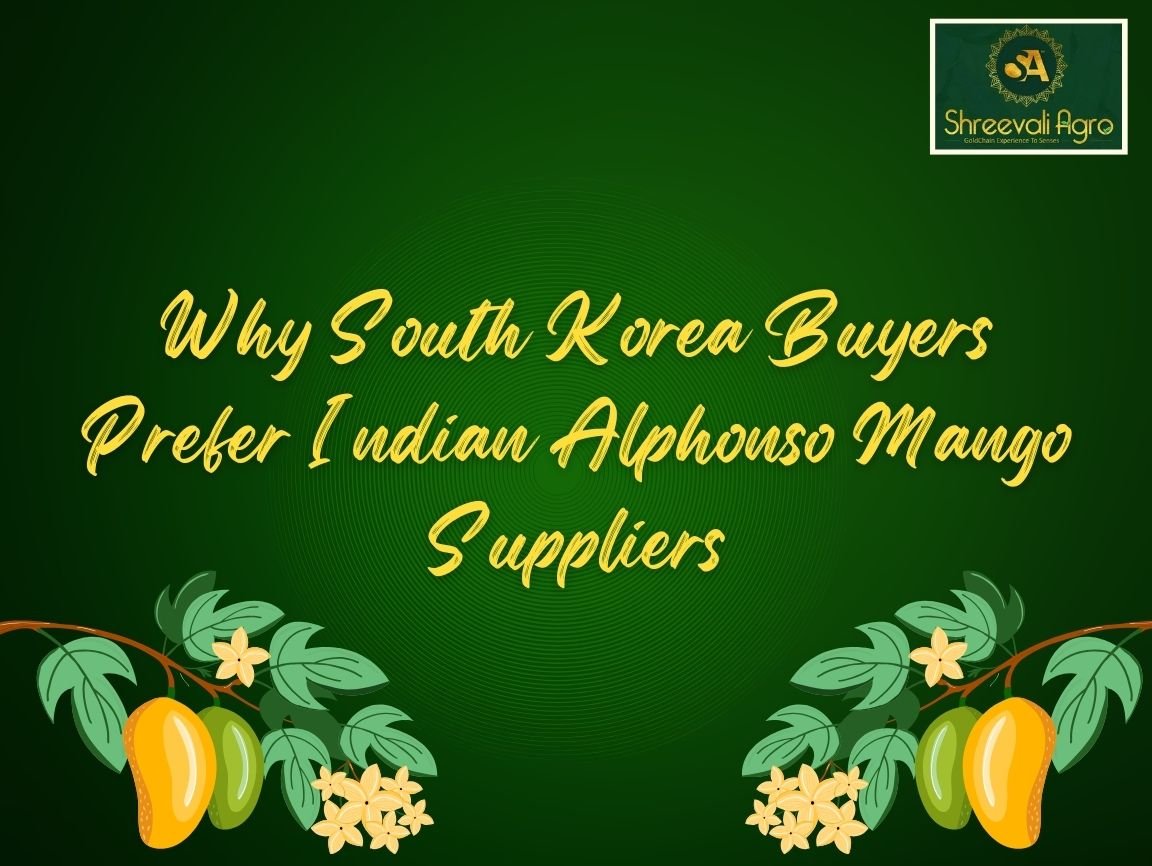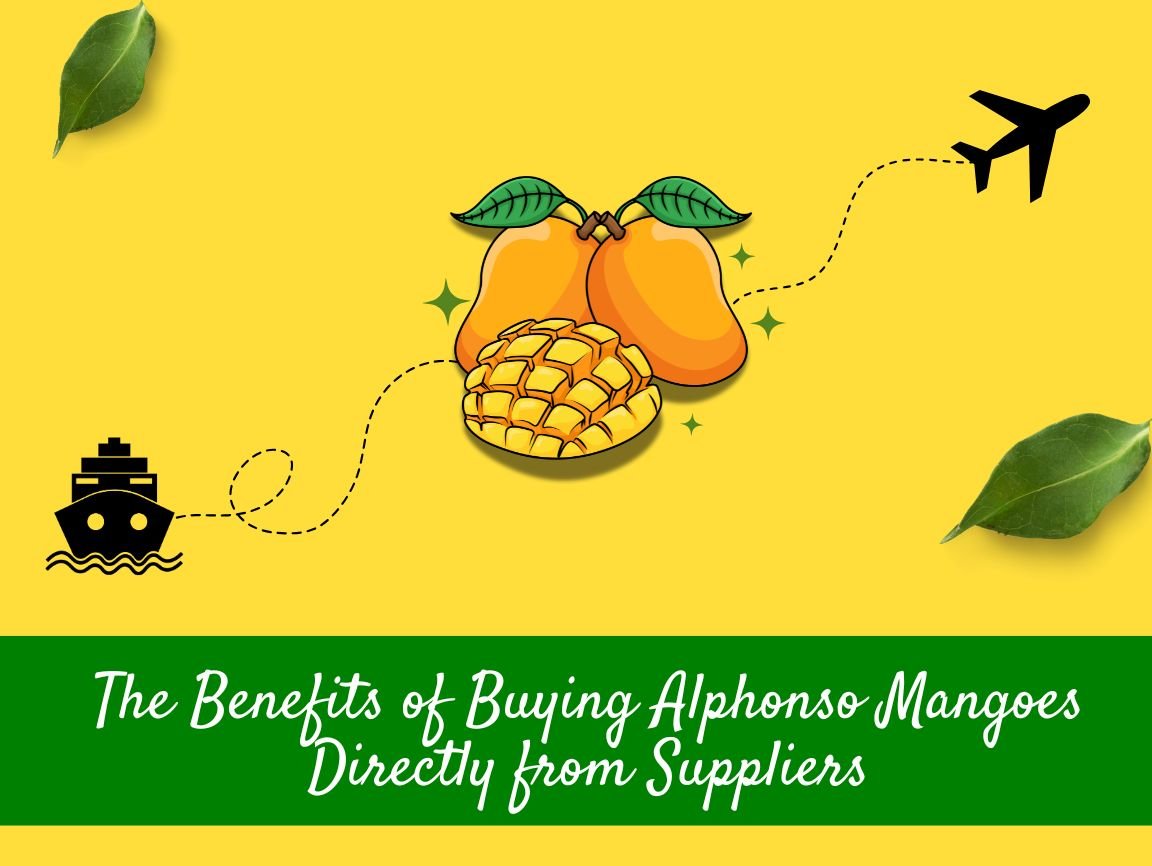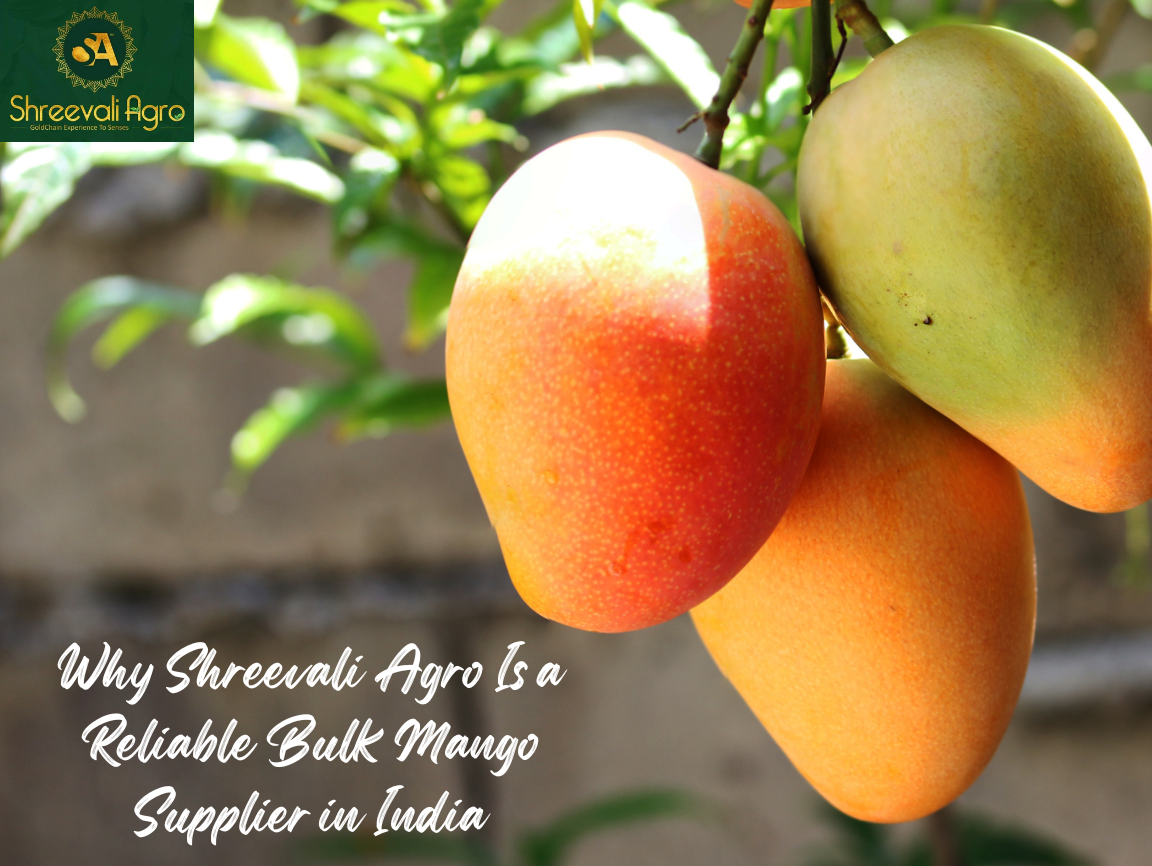Mangoes, often dubbed the “king of fruits,” are not only a tropical delight but also a seasonal obsession for millions around the world. Juicy, sweet, and bursting with flavor, mangoes can brighten up everything from smoothies to salads, salsas, and desserts. But when mango season is in full swing, many households and businesses face a tempting question: Should I buy mangoes in bulk?
While the idea of buying in bulk may seem like a smart economic move, there are pros and cons to consider before diving into a crate of mangoes. Let’s break down the cost-benefit factors to determine whether bulk buying is truly worth it.
1. The Cost Advantage of Buying in Bulk
Lower Cost Per Unit
One of the most compelling reasons to buy mangoes in bulk is the reduced cost per fruit. Retail stores and wholesalers often offer discounted rates when mangoes are purchased by the box or crate rather than by the piece. This can lead to substantial savings, especially during peak season when supply is high.
Special Offers and Wholesale Rates
Many local markets, farmers, and online retailers provide seasonal discounts or “buy one, get one free” offers on bulk mango purchases. Restaurants, juice vendors, and caterers frequently capitalize on these offers to save significantly on their ingredient costs.
2. Quality and Freshness Concerns
Short Shelf Life
Mangoes ripen quickly, especially once they are removed from cold storage. Buying in bulk often means getting a mix of ripe and semi-ripe fruits. If you’re not able to consume or preserve them in time, you may end up with spoiled mangoes, negating your cost savings.
Typically, ripe mangoes last:
- 1–2 days at room temperature.
- 5–7 days when stored properly in the refrigerator.
Overripe Risk
Unless you have a large family or plan to share your mangoes with neighbors, the chances of overripe mangoes piling up is quite high. Overripe fruits are not only mushy and less appealing but also attract fruit flies, leading to food wastage and hygiene issues.
3. Storage Considerations
Space Requirements
Bulk purchases require adequate storage space. If you have a refrigerator with limited capacity, you may not be able to store mangoes properly, resulting in premature spoilage.
Proper Ventilation
Mangoes emit ethylene gas, which speeds up ripening. Storing a large quantity in a closed area without ventilation can accelerate spoilage. Proper spacing, cool environments, and breathable crates are essential for maintaining freshness.
4. Usage Versatility
More Than Just Eating Fresh
One major benefit of buying in bulk is the ability to use mangoes in a variety of culinary applications. If you’re creative or enjoy meal prepping, a bulk purchase can be a delight. You can use mangoes to:
- Make smoothies and milkshakes.
- Prepare chutneys, pickles, or jam.
- Freeze chunks for off-season use.
- Create desserts like mango mousse or sorbet.
- Incorporate into savory dishes like mango salsa or curry.
Preservation Techniques
If you’re unable to consume all the mangoes fresh, preservation can help stretch your supply. Options include:
- Freezing mango pulp.
- Making and bottling homemade mango juice.
- Dehydrating mango slices.
- Canning mango preserves.
These techniques help in reducing wastage and ensuring you enjoy mangoes long after the season ends.
5. Environmental and Ethical Considerations
Less Packaging Waste
Buying in bulk often means less packaging per mango, reducing overall plastic and cardboard waste. This small step can support sustainable shopping habits, especially if you’re buying directly from farmers or local markets using reusable crates or bags.
Support Local Farmers
Bulk buying from local sources, such as farmer markets or co-operative farms, supports regional agriculture and reduces the carbon footprint associated with imported fruits. In turn, consumers get fresher produce at better prices.
6. Who Should Buy Mangoes in Bulk?
Families and Large Households
If you live in a joint family or a household with multiple mango lovers, buying in bulk can be very economical. A box can be consumed in a few days, justifying the cost and preventing spoilage.
Food Businesses
Cafés, juice centers, and restaurants can greatly benefit from bulk buying during mango season. The cost savings add up quickly, especially when mango is a key ingredient in their menu.
Event Organizers
If you’re hosting a summer party, wedding, or community event, bulk buying mangoes is practical and budget-friendly. Mango-based dishes and beverages are crowd-pleasers and elevate any summer menu.
7. When Bulk Buying May Not Be Worth It
Small Households
For singles or small families, consuming 10–15 mangoes within a few days may not be feasible unless you’re also preserving or sharing them. In such cases, buying a few mangoes at a time might be smarter.
Lack of Storage
If you don’t have the means to store or refrigerate mangoes properly, the chances of wastage increase significantly.
Limited Variety in Bulk Boxes
Sometimes, bulk crates contain mangoes of mixed ripeness or varied quality. Unless sourced from a trusted vendor, you might receive mangoes that are bruised or underripe, reducing the value of your purchase.
Conclusion: Is Buying Mangoes in Bulk Worth It?
The answer largely depends on your consumption habits, storage capacity, and ability to manage the fruit’s shelf life. For large families, mango lovers, culinary enthusiasts, or businesses, buying in bulk can offer excellent cost savings and value. When properly stored and used creatively, it ensures that none of the precious fruit goes to waste.
However, for small households or casual consumers, buying in smaller quantities might be a wiser choice to maintain freshness and avoid wastage. If you’re unsure, start with a half-crate purchase and test your household’s ability to consume or preserve them efficiently.
Ultimately, buying mangoes in bulk is worth it if you plan smartly. Keep an eye on quality, manage ripening stages, and explore preservation methods to enjoy mangoes to the fullest—without wasting your investment.
Book an appointment with Shreevali Agro® today for fresh, farm-direct produce and expert consultation.





